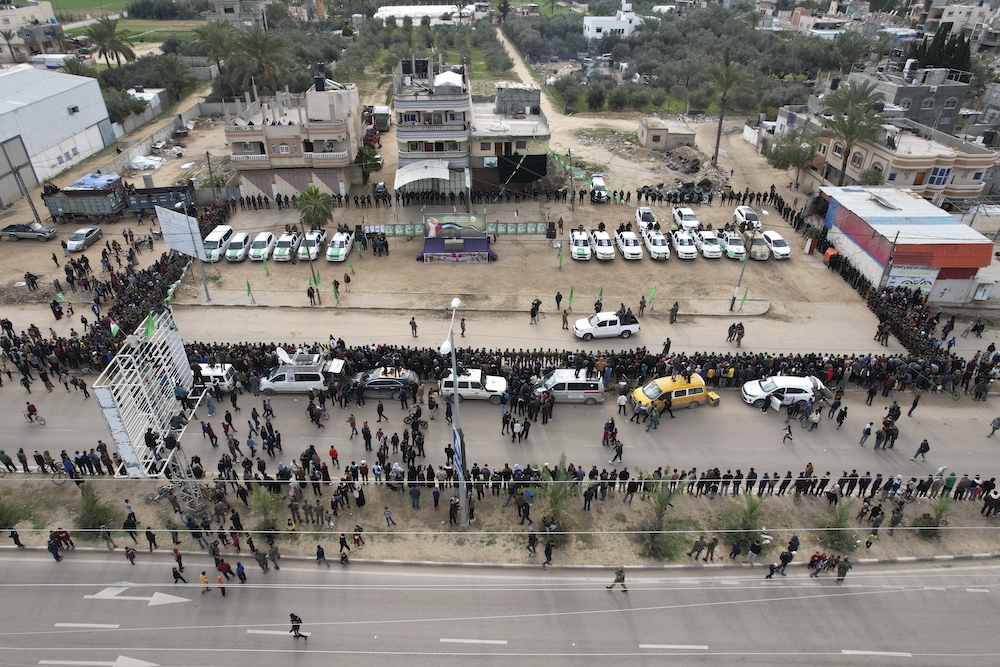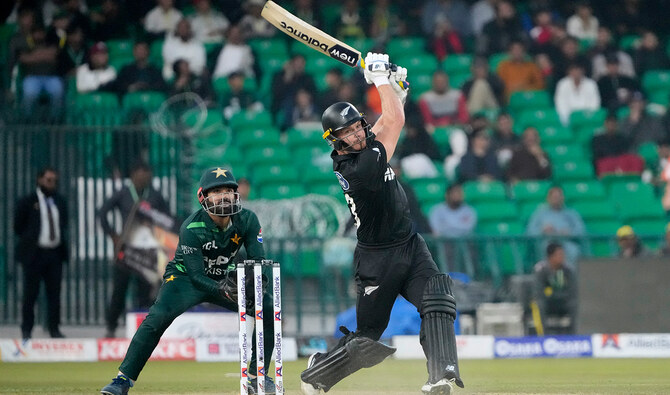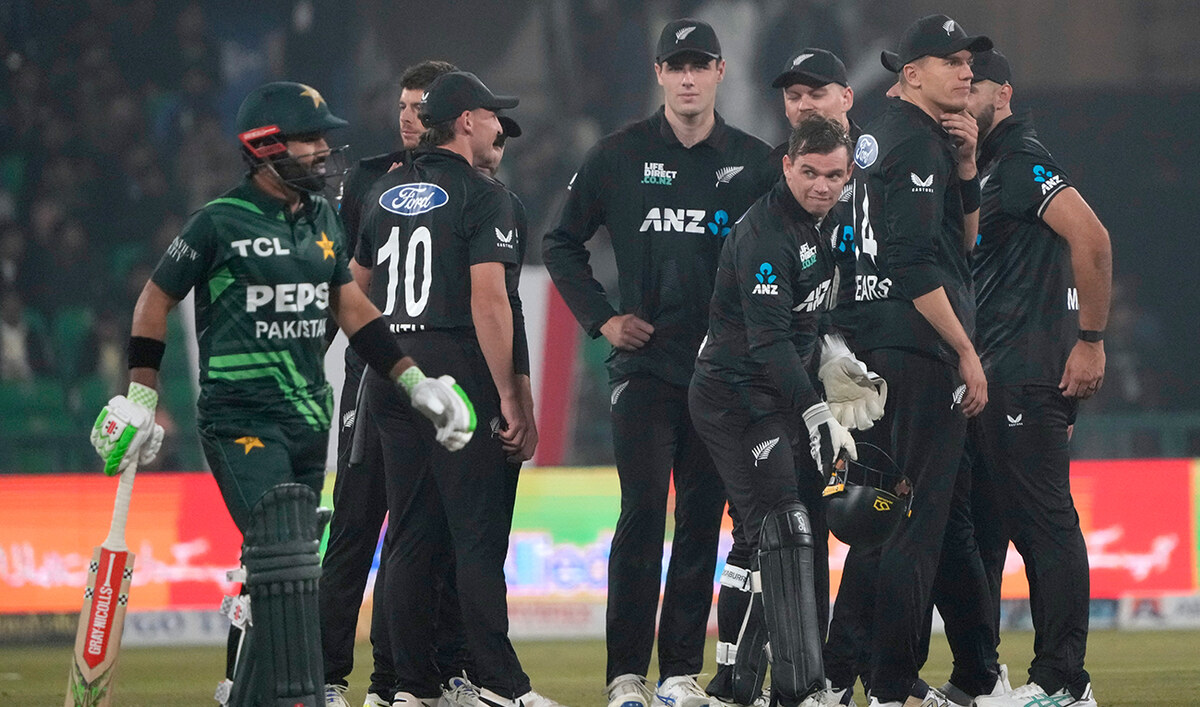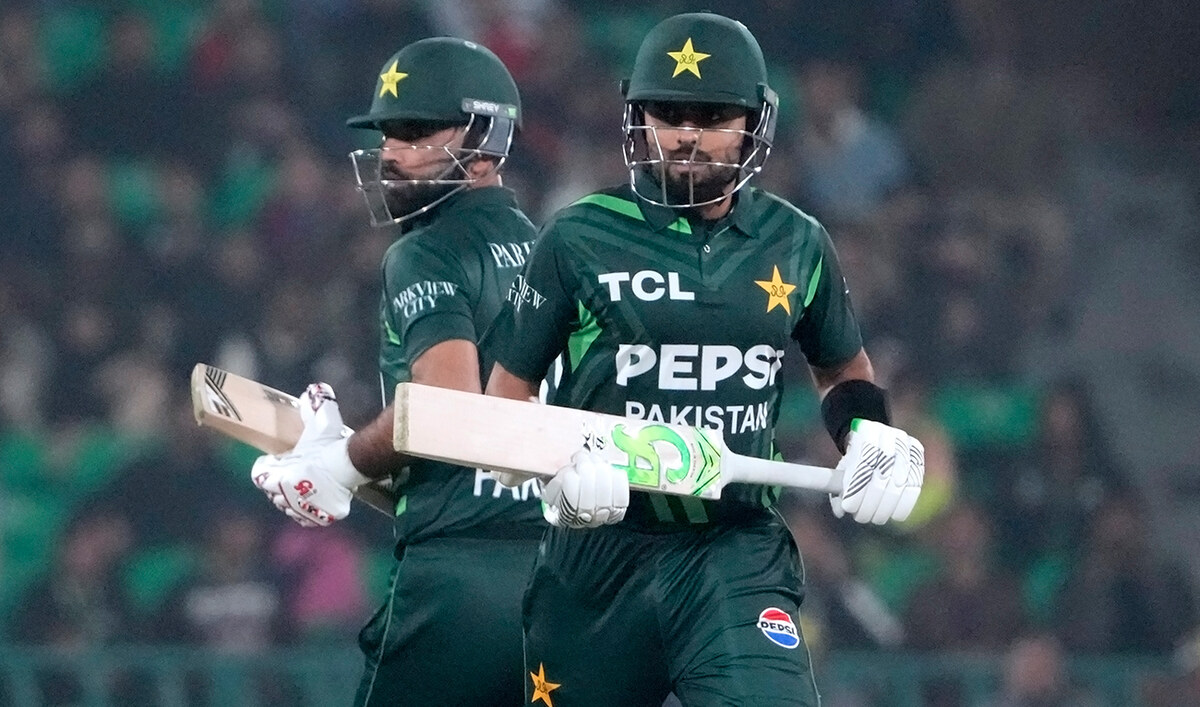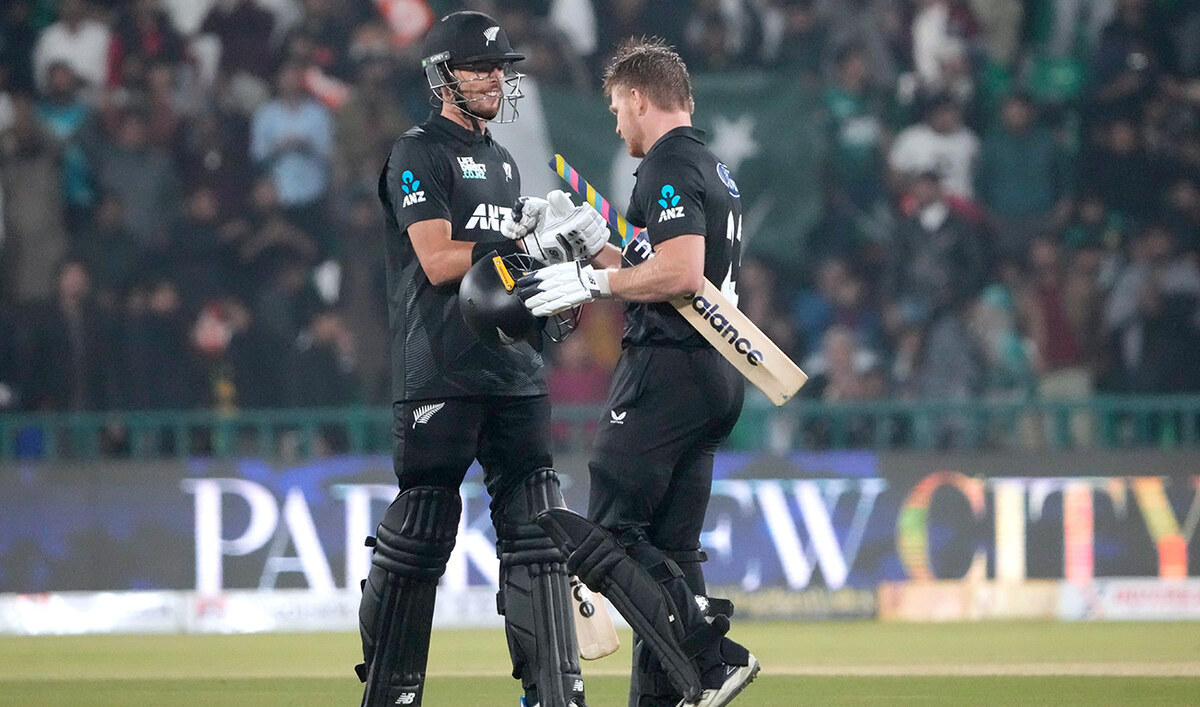Empowering healthcare transformation with AI and strategic innovation
https://arab.news/gsd62
The healthcare landscape in the Middle East is transforming, driven by ambitious government initiatives such as futuristic visions for personalized healthcare, the urge for high standards of care delivery and significant investments in digital innovation.
At the heart of this transformation is the application of artificial intelligence, revolutionizing healthcare delivery and patient outcomes, privatization, and administrative efficiency.
Recent shifts in public policy across the Middle East have significantly fueled the rapid growth of the health tech sector, underlining a deep-rooted commitment to personalizing and preventive care.
Visionary undertakings, such as Saudi Arabia’s NEOM and the Dubai Health Authority’s Genome Program, have marked the region’s ambitious move toward embracing AI in healthcare.
Supported by predictive analytics and big data, these initiatives are steering healthcare towards models that are increasingly predictive, preventive and personalized, ushering in a new era of patient-centric care.
Complementing these efforts, strategic policy frameworks such as the UAE’s National Strategy for Artificial Intelligence 2031 and Saudi Arabia’s Vision 2030 are pivotal in propelling the region towards becoming a leader in AI integration.
These strategies aim to bolster the use of AI in enhancing predictive healthcare and personalized medicine, showcasing government support for innovation. It also sets a clear direction for the integration of advanced technologies in healthcare infrastructure, development and implementation.
Together, these policy shifts and visionary projects are essential enablers, setting the stage for a transformative leap in healthcare delivery across the region.
The integration of AI technologies, including predictive healthcare analytics and personalized medicine, is revolutionizing patient care standards across the Middle East.
For example, AppliedAI’s innovations (a company with its regional HQ in Abu Dhabi), such as DeepDoc and Nash, are at the forefront of enhancing administrative efficiency while significantly refining patient diagnostics and treatment processes.
DeepDoc, an Intelligent Document Processor, organizes and summarizes medical documents, enhancing the focus on patient care and professional development. Nash optimises medical coding and revenue, adapting claims to reduce document deficiencies and engage physicians for necessary information.
These AI-powered tools not only address major operational challenges but also improve billing processes, minimize revenue loss, and enhance the overall efficiency of healthcare administration.
The integration of AI technologies, including predictive healthcare analytics and personalized medicine, is revolutionizing patient care standards across the Middle East.
Amir Joshan
By harnessing the power of AI for in-depth data analysis, healthcare professionals can devise customized treatment plans, mitigate the risk of adverse reactions, and markedly improve chronic condition prognoses.
This shift toward AI-driven healthcare is further exemplified by initiatives like the Qatar Genome Program, which highlights the crucial role of genomics and AI in sculpting the future of precision medicine.
Such initiatives underscore the potential to dramatically lower healthcare costs through timely interventions and focused treatment strategies. This is particularly critical in areas where specialized services are scarce. The evolution signifies a leap in healthcare delivery, improving patient outcomes and service quality.
AI and innovation have improved patient outcomes in the Middle East. Predictive analytics help identify high-risk patients, reducing hospital readmission rates. AI has also improved diagnostic accuracy and facilitated more effective treatment plans. AI-powered apps and telehealth services have enhanced patient engagement and chronic disease management.
These technological and strategic advancements collectively usher in new patient care standards, showcasing the profound impact of healthcare’s digital transformation.
Lexica’s strategic healthcare planning and advisory services are essential for realizing ambitious healthcare transformation projects complementing technological advancements.
Its collaboration with Hamad Medical Corp. on the Hamad Bin Khalifa Medical City project in Qatar highlights how strategic planning coupled with digital innovation can create a sustainable and efficient healthcare system geared for the future.
Lexica’s efforts in developing the Design Standards Framework for HMC underline the importance of evidence-based design and operational efficiency in healthcare infrastructure, ensuring that new developments align with the highest patient care standards and sustainability.
The synergy between AI-driven technological solutions and strategic healthcare planning is crucial to navigating the digital healthcare revolution in the Middle East. This collaborative approach enhances operational efficiency and significantly boosts patient outcomes, providing a roadmap for other regions aiming to leverage technology in healthcare.
As the Middle East continues to push the boundaries of healthcare innovation, the focused integration of AI and strategic planning is setting new benchmarks for patient care and system efficiency in emerging markets.
The ongoing digital transformation in Middle Eastern healthcare, backed by supportive public policies and strategic initiatives, is a testament to the region’s commitment to pioneering a future where healthcare is more accessible, personalized and efficient.
By embracing AI and strategic innovation, the Middle East is not just improving healthcare outcomes for its population but also showcasing a model for the world on harnessing technology to meet the challenges of modern healthcare.
• Amir Joshan, region director for Middle East business development, Lexica.







